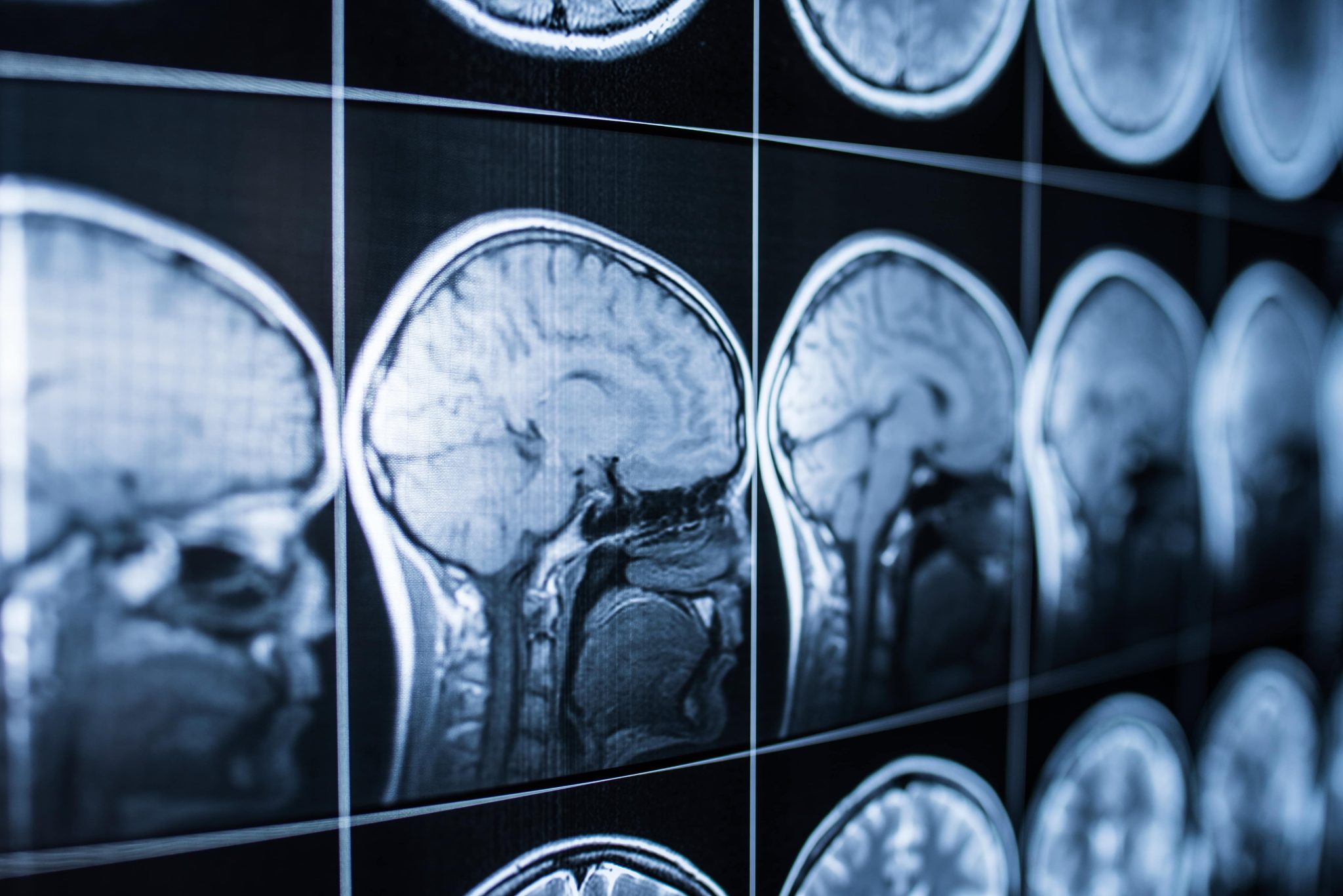- WE’RE HERE TO HELP 24/7
- 800.586.5555
How Are Traumatic Brain Injuries Diagnosed?

Are Florida Bars and Nightclubs Liable for Bar Fight Injuries?
March 5, 2022
Verdicts & Settlements: $400,000 Settlement Negotiated in Hit and Run Crash
March 14, 2022How Are Traumatic Brain Injuries Diagnosed?

As one of the most delicate and vital organs of the body, injuries to the brain can be catastrophic. Sudden impacts from a car wreck, a slip and fall accident or any other extreme incident can lead to a traumatic brain injury (TBI). Whether the injury is a mild concussion or severe brain damage, proper diagnosis and medical care must immediately follow the accident.
Diagnoses of a traumatic brain injury may involve a variety of medical tests, including:
- CT Scan – Utilizes several X-ray images with computer processing to create cross-sectional images of the brain
- PET Scan – Uses radiotracers to assess tissue and organ functioning
- MRI – This allows the viewing of precise details in the soft tissues and organs by using magnetic fields and radio waves
- Intracranial pressure monitoring – Utilizes a monitor placed within the head to determine the pressure inside the skull
By using these testing methods, doctors and neurological specialists can monitor brain function and determine if there is hemorrhaging, bruising, clots, swelling or fractures.
Traumatic Brain Injury Symptoms
Although testing is quite helpful in determining the severity of a traumatic brain injury, it is also vital to recognize the symptoms. Some brain injuries don’t present immediate signs. Therefore, it is important to recognize even the most subtle symptoms.
Symptoms of traumatic brain injuries include:
- Headaches
- Speech or language difficulties
- Loss of hearing or vision
- Altered sense of taste or smell
- Light or noise sensitivity
- Difficulty sleeping
- Seizures
- Behavioral changes
- Sleep disorders
- Personality changes
- Depression
What Can Cause a Traumatic Brain Injury?
Various violent accidents can cause severe brain injuries. Car accidents are a common cause for people under the age of 75. Car wrecks are typically the result of driver negligence, including distracted driving, failure to obey traffic laws, reckless driving or lack of attention while operating a vehicle. These negligent actions can lead to wrecks that are severe enough to cause damage to the brain.
For individuals over the age of 75, slip and far accidents are the main culprits for TBIs. These can result from walking through a dangerous area containing unreasonable hazards such as a wet or rough surface. They can take place in a senior living facility, an unsafe commercial property, a workplace or within the senior’s home.
If the slip and fall occurred on someone else’s property, the property owner can potentially be held financially responsible for the injuries.
What are the Types of Traumatic Brain Injuries?
There are two kinds of TBIs. The first is a penetrating brain injury. Also known as an open-head injury, these take place when an accident physically breaks the skull and results in damage to the brain. Penetrating brain injuries can occur in particularly violent car accidents, including head-on collisions or T-bone accidents.
The second type of TBI is a closed brain injury. They are the most common and involve an injury within the skull. These TBIs occur when the brain is shaken or moved rapidly back and forth within the skull. They can occur from slip and falls, roller coasters, sports mishaps and car accidents.
What if a TBI Is a Result of Negligence?
There are instances where a traumatic brain injury is sustained because of another individual’s negligence. Under these circumstances, it can be helpful to seek the guidance of an experienced brain injury attorney. Investigation and proof of negligence are vital in proving liability. This includes collecting necessary medical records and details surrounding the accident.
A skilled lawyer can also assess the main elements of negligence. This includes establishing:
- The responsible individual owed the injured person a duty to act with reasonable care
- The injured person suffered a TBI because of the negligent individual’s breach of duty
Traumatic brain injury victims commonly face lengthy recovery periods. On some occasions, full recovery is not possible. These individuals often need therapy and rehabilitation for both motor skills and mental functions.
People who have suffered debilitating brain injuries may also be entitled to pain and suffering damages. This generally requires presenting evidence detailing how the injury has negatively impacted the injured person’s life.
If you or someone you care about has experienced a traumatic brain injury, seek immediate medical attention. If your injury was caused by another person or business’s actions, consider contacting a personal injury lawyer who has experience with catastrophic injury cases.
